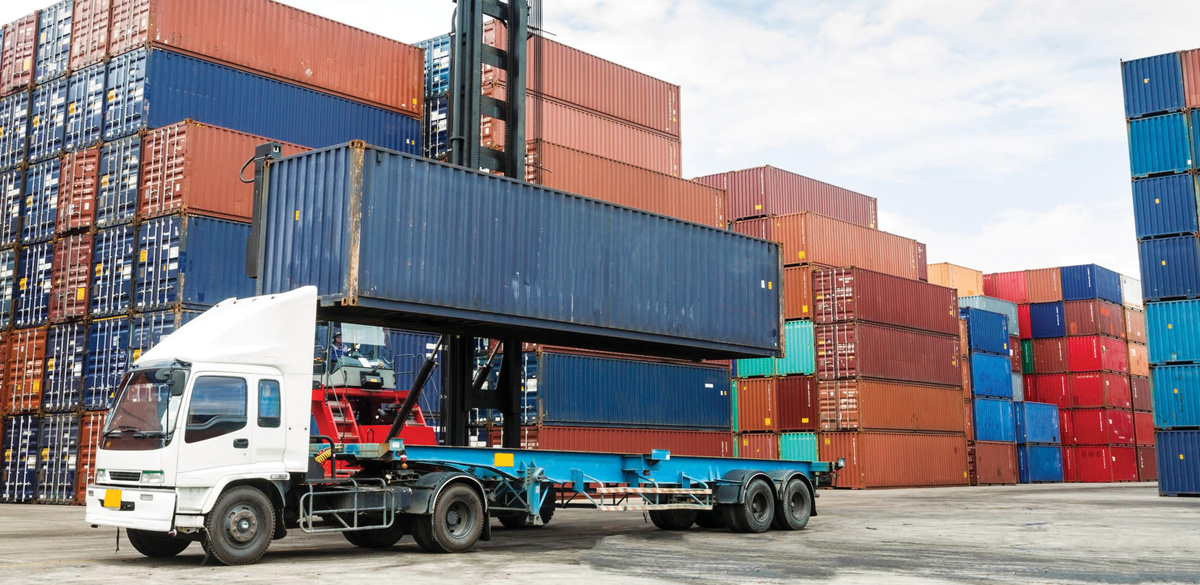‘Ere we go … again

As 2019 gains momentum, unworkable transport legislation still hangs thick in the air
After 20 years of continual transport of high-cube containers on all the roads in the region without any evidence of problems, South Africa is still debating this non-issue. The looming national and regional logistics disaster has been averted again, in the same way as it was in 2011: by obfuscation instead of simple logic.
The eighth minister of transport to be involved in the issue, Blade Nzimande, has again declared a moratorium on prosecution for 12 months, rather than change the legislation.
The refusal to increase the maximum legal vehicle height by
300 mm must be the longest-surviving irrational relic in our transport legislation and is akin to the Red Flag Law in the United Kingdom which was repealed in 1896.
As the regional transport affiliation, Fesarta has asked for clarification of the situation for carriers from Southern African Development Community (SADC) member states – with legal vehicle heights of Zambia being 4,8 m; Zimbabwe 4,65 m; and Tanzania and Malawi 4,6 m. To date no response has been received.
There has also been no clarification of the position regarding insurer liability, where over-height vehicles are illegal (but will not be prosecuted).
The issue is to be debated by a panel convened by the Legal Section of the Department of Transport – composed mainly of officials, academics and transport customers. This panel will presumably make recommendations, which may or may not be accepted by the transport operators who are being told to make the unnecessary investments in vehicles and trailers.
Foreign drivers
In another legislative development, which has severe implications for the regional transport industry, the Department of Labour proposes to tighten the conditions under which foreign drivers may be employed. This is despite the known shortage of properly trained South African drivers, and the current heavy dependence on imported skills and experience.
Some of the terms of the legislation are impractical except perhaps for large corporations. Some of the terms being bandied about include: “no other persons in the Republic,” “skills transfer plan”, and “is entitled to enforce any claim”.
Needless to say, rigorous implementation of the proposed legislation will simply add further employer liability pressures on the already embattled industry and add more inexperienced drivers to our roads – no doubt leading to further incidents of road carnage.
From the regional perspective, Fesarta’s concern is that the legislation introduces the potential threat of retaliatory regulations and a blockage of South African drivers and transporters into neighbouring countries.
This is, of course, negative in terms of regional cooperation, and may contravene commitments to the World Trade Organisation Trade in Services.
Published by
Mike Fitzmaurice
focusmagsa




